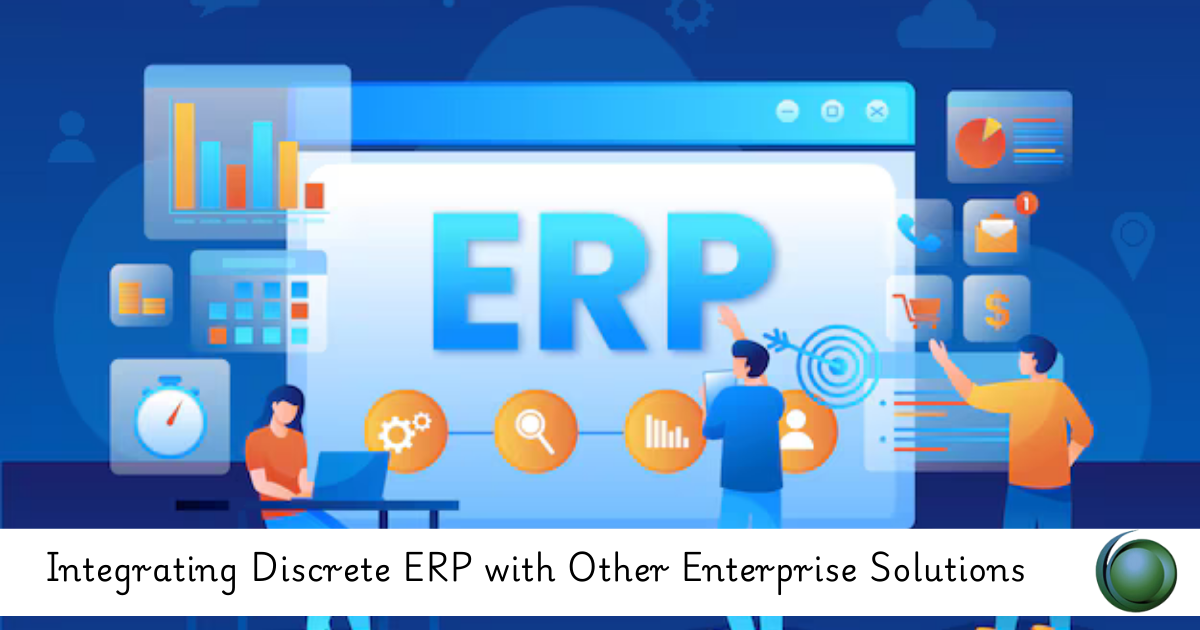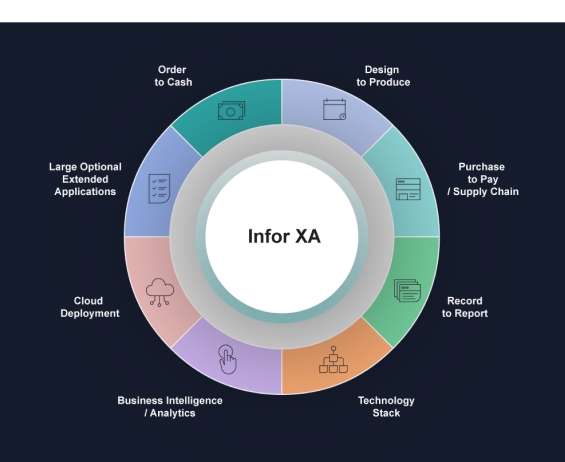Description
Introduction
Discrete ERP refers to enterprise resource planning systems designed specifically for industries that manufacture products in discrete units, such as electronics, machinery, automotive, and consumer goods. Unlike process manufacturing, where products are produced in continuous batches or flows (like chemicals or food), discrete manufacturing involves distinct items that can be counted, tracked, and inventoried individually. Its systems are tailored to handle production processes, inventory management, and supply chain logistics for products that are produced, assembled, or sold in individual units.
Prerequisites for Discrete ERP
- Basic Knowledge of ERP Systems: Familiarity with general ERP concepts, modules, and how they integrate business processes.
- Understanding of Discrete Manufacturing: Knowledge of industries such as automotive, electronics, or machinery manufacturing that operate with distinct, individual products.
- Manufacturing Process Knowledge: Understanding of production workflows, such as assembly lines or job shops, that create individual products.
- Data Management Skills: Basic knowledge of how data is captured and managed in a manufacturing environment.
TABLE OF CONTENT
1.Introduction
1.1 Definition of ERP
1.2 Importance of ERP in Discrete Manufacturing
1.3 Historical Overview
2.Basics of Discrete Manufacturing
2.1 Understanding Discrete Manufacturing Processes
2.2 Key Characteristics of Discrete Manufacturing
3.ERP System Architecture
3.1 Components of ERP Systems
3.2 Database Management
3.3 Integration of Modules in Discrete ERP
4.ERP Selection and Implementation
4.1 Needs Assessment for Discrete Manufacturing
4.2 Vendor Selection Process
4.3 Implementation Strategies
4.4 Challenges and Best Practices
5.Core Modules in Discrete ERP
5.1 Materials Management
5.2 Production Planning and Control
5.3 Quality Management
5.4 Shop Floor Control
5.5 Order Fulfillment and Sales
6.Data Migration and System Customization
6.1 Data Migration Strategies(Ref: Mastering .NET Framework [C#] with MS SQL)
6.2 Customization in Discrete ERP Systems
6.3 Best Practices for Data Integrity
7.ERP Security and Compliance
7.1 Role-Based Access Control
7.2 Security Measures in Discrete ERP(Ref: Coupa Integration: Connecting Coupa with ERP and Other Systems)
7.3 Regulatory Compliance in Manufacturing
8.ERP Reporting and Analytics
8.1 Importance of Reporting in Discrete Manufacturing
8.2 Key Performance Indicators (KPIs)
8.3 Business Intelligence Tools Integration
9.ERP Maintenance and Upgrades
9.1 System Maintenance Best Practices
9.2 Strategies for ERP Upgrades
9.3 Addressing Common Issues and Bugs
Conclusion
This systems are designed to manage the complexities of manufacturing discrete items, providing businesses with tools to optimize production, control inventory, and improve financial management. By integrating key business functions, such as production, supply chain, and financials, these systems enable greater efficiency and visibility across operations. Whether deployed on-premises or in the cloud, its systems are critical for organizations aiming to streamline processes, increase productivity, and maintain competitive advantages in the manufacturing sector.







Reviews
There are no reviews yet.